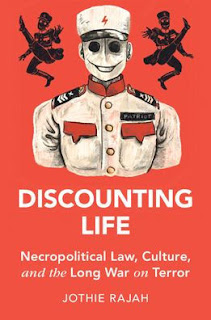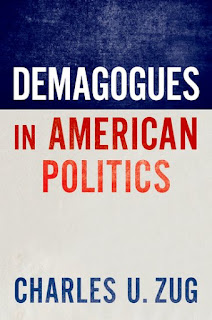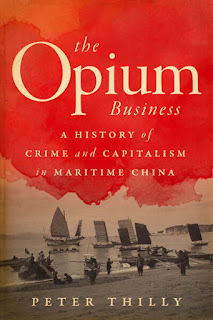 New from Oxford University Press: Saints, Heretics, and Atheists: A Historical Introduction to the Philosophy of Religion by Jeffrey K. McDonough.
New from Oxford University Press: Saints, Heretics, and Atheists: A Historical Introduction to the Philosophy of Religion by Jeffrey K. McDonough.
About the book, from the publisher:
Does God exist? What is the nature of evil, and where does it come from? Are humans free? Responsible? Immortal? Does it matter? Saints, Heretics and Atheists offers a historical introduction to fundamental questions in the philosophy of religion. Ranging from ancient times to the twentieth century, it is divided into twenty-five succinct, chronological chapters. Individual chapters discuss philosophies from history's greatest thinkers including Plato, Augustine, al-Ghazali, Aquinas, Margarite Porte, Spinoza, Hume, Mary Shepherd, and Nietzche. The book closes with an exploration of William James's defense of the right to believe, possible limitations of that right, and the nature of philosophical progress.--Marshal Zeringue
Based on lectures from a popular course taught in the Program for General Education at Harvard University for over a decade, Saints, Heretics, and Atheists invites readers along for a journey that is unique in its sweeping historical approach to the philosophy of religion and the balance it strikes between traditional, non-traditional, and atheistic standpoints with respect to religion in the western tradition.































